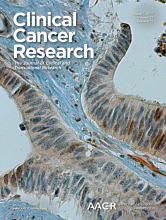A biologist who studied the impact of diabetes on the eye inappropriately altered data in five images from three papers, according to a new finding of misconduct issued by the U.S. Office of Research Integrity (ORI).
Readers may be familiar with the subject of the findings: Azza El-Remessy, a former tenured associate professor at the University of Georgia (UGA) in Athens, spoke to us earlier this year about her battle with UGA. In June 2016, UGA found her guilty of research misconduct and recommended she be terminated. El-Remessy fought back, hiring a lawyer to contest the findings, and the university ultimately paid her $100,000 to leave. (For more, here’s UGA’s June 2016 investigation report and the settlement agreement between UGA and El-Remessy.) Continue reading ORI finds misconduct in case of biologist paid $100K by university to leave



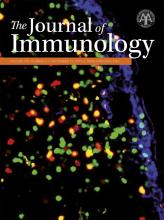 Two journals have retracted papers by a biologist who was
Two journals have retracted papers by a biologist who was 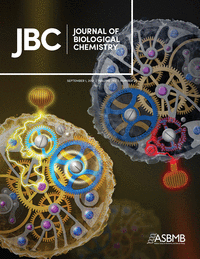

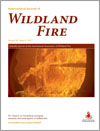
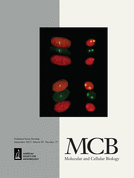 A biology journal has issued a correction to a 2014 paper by a researcher with 11 retractions, citing “inadvertent errors” that don’t affect the conclusions.
A biology journal has issued a correction to a 2014 paper by a researcher with 11 retractions, citing “inadvertent errors” that don’t affect the conclusions.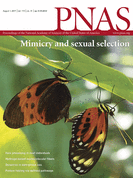 A once-prominent researcher in the field of infectious disease — who was found
A once-prominent researcher in the field of infectious disease — who was found 